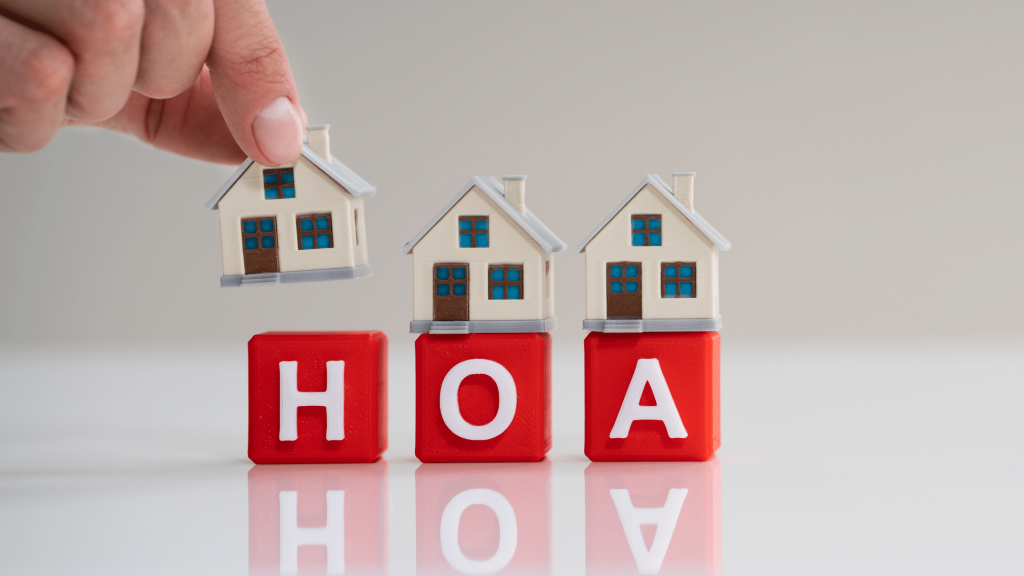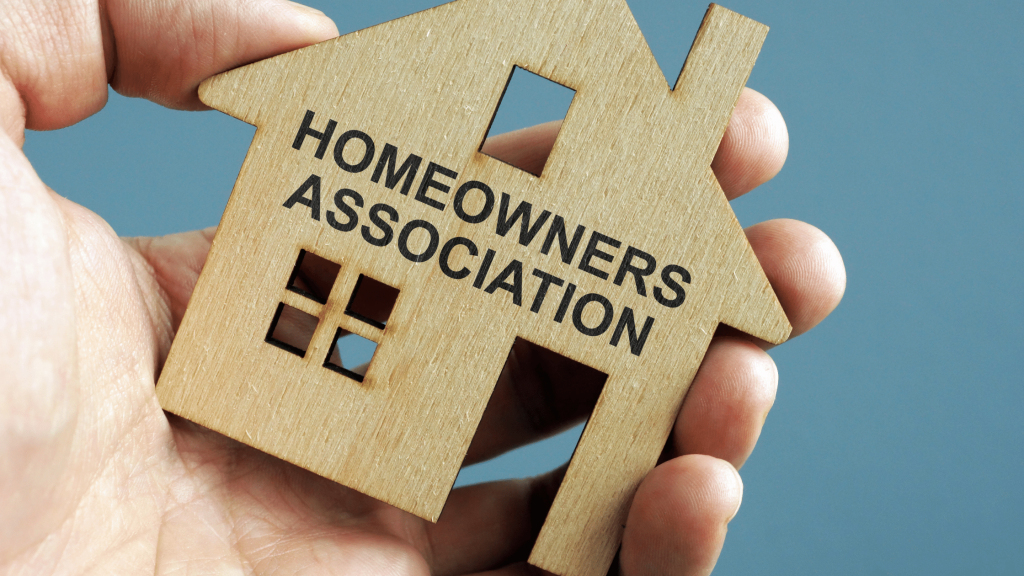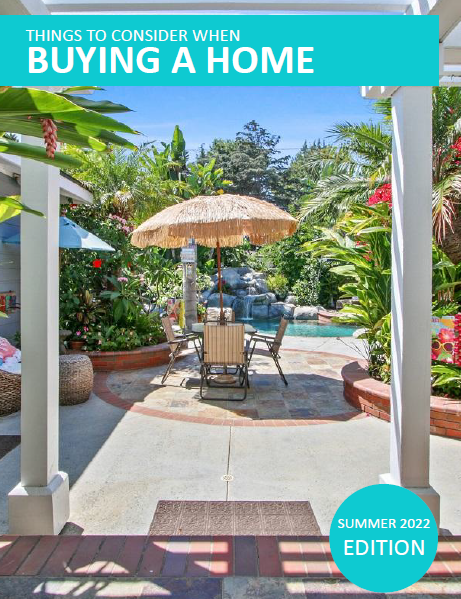Buying a condo involves a great deal of paperwork and a Homeowners Association (HOA). Let’s be honest, you hire a professional, experienced real estate agent so you don’t have to worry about the details. However, buying a condo requires not only a skilled agent but doing your homework as well. What’s in the fine print can affect your day-to-day life in your new home. Here’s a quick dive into HOAs and what you need to know about them before buying a condo.
Pros of Condos & HOAs
- Security – most buildings have gated or locked entries, some even have professional security staff on site
- Amenities – fitness center, pool, BBQ area, clubhouse, meeting rooms, tennis courts to name just a few
- Maintenance – there are several people on-site to take care of the landscape, roof, pool, or even the furnace
- Affordability – traditionally costs less than a single-family home, especially in highly desirable areas
Before you decide to purchase a condo, be sure to understand the rules. First, and maybe most importantly, you will be required to join the community homeowners association (HOA) and pay monthly or annual fees. A homeowner’s association is generally set up as a non-profit corporation. It is an organization established to manage a privately planned community. It is governed by elected board members and a set of rules called bylaws. Bylaws govern how the HOA operates and contains information needed to efficiently run the organization.
The great thing about HOAs is they can help manage legal concerns and the property. Furthermore, they help maintain order among the residents and protect the property.
HOA Rules
When buying a condo or townhome, as opposed to a single-family home, it’s important to remember there will be extra rules you have to follow. Below are some examples.
- The color you can paint your front door
- If you can BBQ on your balcony
- If satellite dishes are permitted
- Types and sizes of pets
- If you can rent your unit to another person
- Restriction on noise levels
- If you can line dry clothes on your balcony
- Your responsibility for maintaining balconies, porches, storage units, and parking spaces.
- Recreation facility rules: hours of operation at the pool, tennis courts, clubhouse
- How many guests you can have at these recreational facilities?
What are Bylaws?
Additionally, condos and townhomes also come with bylaws. These bylaws spell out the day-to-day operation of the HOA. These bylaws can cover things like how often the HOA holds meetings and how those meetings are conducted. They also regulate the number of people on the HOA board of directors and how many people can sit on it, as well as membership voting rights.
What are CC&Rs?
Furthermore, when buying a condo or townhome there are also CC&Rs. CC&R stands for covenants, conditions, and restrictions. These are rules you must follow both inside and outside the building. They are recorded in the county records and are legally binding. Therefore, when you purchase a condo, you automatically become a member of the HOA. It is not only important to understand these rules, but also what happens when you violate them. Pay close attention to fines, how rules are added and changed, and when the meetings are held. Also, make sure the condo you are purchasing is in compliance with the HOA rules.

What to look for in your HOA documents
As mentioned in the video above, when you first move in, you will get a huge packet of documents. It’s important you look through them thoroughly. Here are some things those documents will cover.
Fees
The fees differ depending on the amenities and services provided by the building. Listed below are questions to ask about monthly or annual fees.
- How much are the fees?
- How are the fees determined?
- What do the fees include?
- Will you pay for trash, water, and cable?
- How often do the fees increase?
Ask for a history of fee increases for the past 10 years and look for patterns. Be sure to include those fees when creating your new home budget.
Reserve Fund
This fund is used to repair major projects or improvements to the building. Such repairs could include a new roof, elevator, boiler, painting, or garage maintenance. If there is not enough money in the reserve fund, then a “special assessment” will be charged to all the residents. Listed below are valuable factors to consider when reviewing the reserve fund.
- How large is the reserve fund?
- You can (and should) ask for a record of special assessments. This will give you an idea of what repairs have been completed.
- Ask if there has been a study to determine if the reserve is adequate for future projects.
Insurance
Like purchasing a single-family home, you will be required by your lender to purchase homeowners insurance for your condo. However, it is just as important that you inquire about insurance on the building such as catastrophe and fire insurance.

What documents to request?
Along with all the rules, regulations, bylaws, and fees, you have the right to ask to see the HOA’s financial statements and meeting minutes.
Financials Include
- Balance sheet: see how the HOA fees are spent
- Yearly revenue from fees
- Reserve fund balance
- Notice of any pending lawsuits
- Information on recent assessments
- Percentage of units behind on fees
Meeting Minutes
- Understand current and past conflicts.
- How conflicts were handled?
- Has the HOA ever sued anyone and the results?
- List of board members
- Discussions of future special assessments for large projects
- Any current or anticipated litigation
- Is there an excessive amount of delinquent HOA dues?

Red Flags
Red flags are not always a deal-breaker. However, it will open the door for further conversations. Research all the details so you can make informed decisions.
- Big yearly spikes and dips in spending – these are signs that the building could be in trouble.
- Little or no reserve funds
- Emergency borrowing by HOA
- Frequent “special assessments”
- Bank owned building
- A building with a high percentage of renters (owners might not have the same level of commitment as you to maintain the building)
- Keep an eye out for an undermanaged HOAs (this could mean the owners do not take an interest in the building)
- Lack of people interested in sitting on the board (again, little interest in maintaining the building)
While a high percentage of renters may mean less commitment, that’s not the only thing you need to look out for. Additionally, a high percentage of non-owner-occupied units may mean it’s difficult for you to obtain financing for a purchase.
All About HOAs
Buying a condo is a bit more complex than buying a single-family home. It is important you take the time to get to know and understand your HOA. Besides reading and understanding all the documents, it is extremely important that you talk to other residents. They will give you first-hand information about living in the building and the homeowners association. You should also talk to the board members and get a feel for their different personalities. Lastly, do not forget to walk around the building and inspect all the public areas. Make sure it meets your standards and quality of life.
If you’re considering buying a condo in Long Beach or surrounding communities, we’d be happy to help! The Shannon Jones Team has helped a number of clients buy and sell condos. To get you started, we’ve included a list of condos that are currently for sale in Long Beach below. However, even if you don’t see something you like yet, it’s never too early to start your home buying process! For more information on HOAs and condos, please give us a call at 562.896.2456. Thank you and we look forward to serving you!




